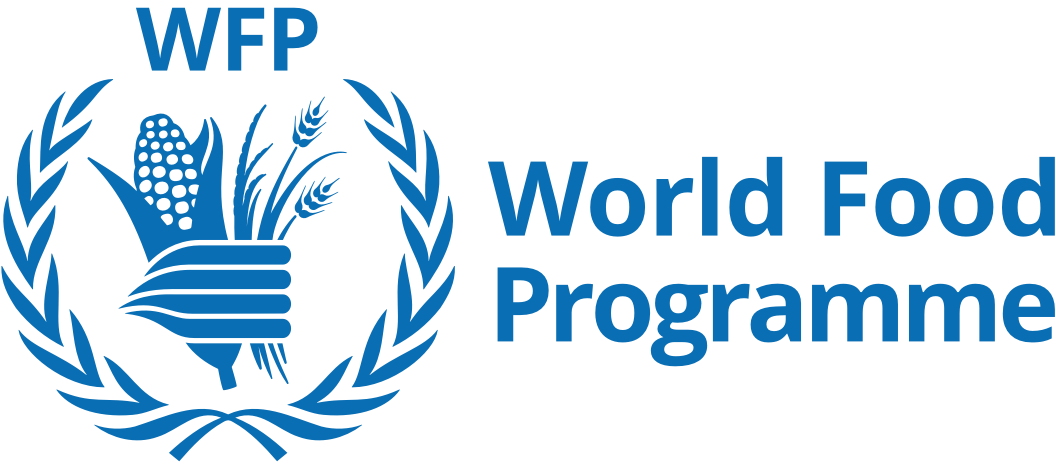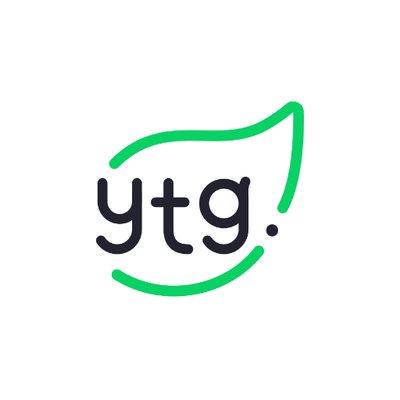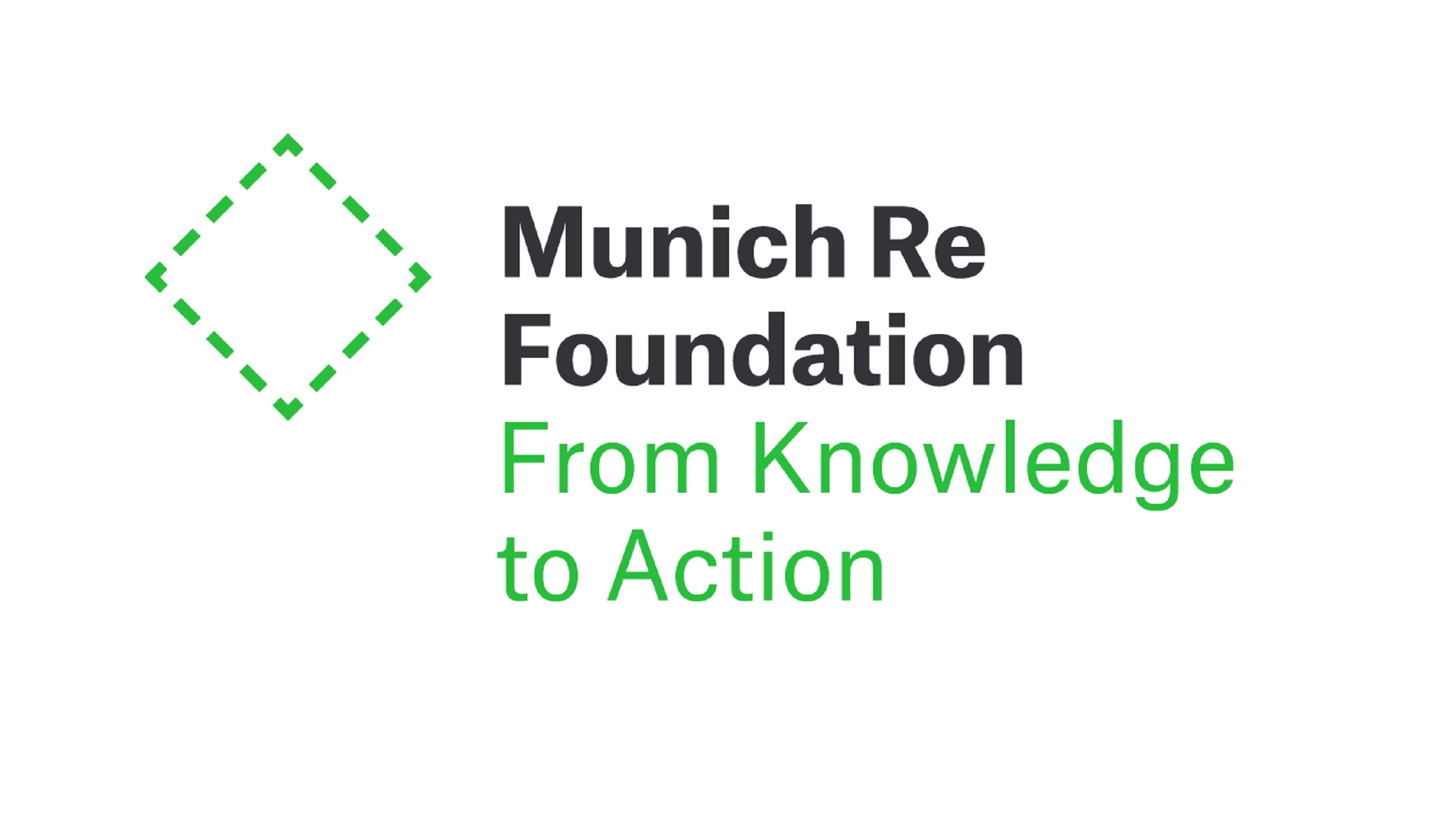Who we are
82 Partners working together to create impact
How we work
Connecting opportunities to advance resilience with our long-term outcomes
What we do
Adding value through our eight flagship programmes
News and Opinions
Stay up to date with the latest news from GRP!
Impact to date
Founded in 2014
7 million
People supported to become more resilient.
Invested over
USD $45 million
in resilience programming across the Global South to become more resilient.
1,300
Organisations supported through capacity and partnership buildning activities.
1,4 million
Users of early warning system or climate information.
We are the Global Resilience Partnership
GRP advances resilience through identifying and scaling on the ground innovation, generating and sharing knowledge, and shaping policy. Resilience underpins sustainable development in an increasingly unpredictable world. We envisage an inclusive world in harmony with nature, that is better prepared to cope with shocks, adapt to change, and transform – all within planetary boundaries.
GRP is made up of Partners that have joined forces to work together towards this vision.



































































































